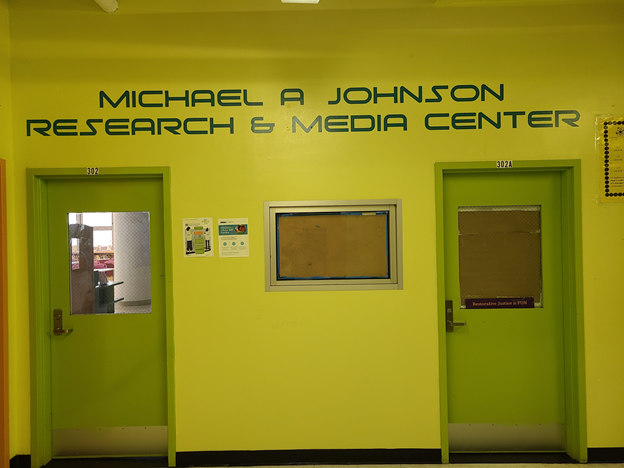“At Duke, I realized how badly many South Carolina schools are failing students like me”—- “And my school is considered one of the best in the region.”–Ehime Ohue
Numerical percentages of high school graduation rates unfortunately only tell one part of the story. The other, much more important part is the academic quality of that high school experience; as well as the extent to which that high school diploma reflects a readiness on the part of the diploma recipient, to successfully negotiate a post-high school career or college opportunity.
There are no more joyful and worthy celebratory events in the Black community then a high school graduation. I know because I have attended more of them than I can remember. And also because as a principal, graduation ceremonies were often the first time in 4 years that I actually “laid eyes” on some parents. But like so many things in public education, some parents and communities are unable to separate the substantive facts from the fictional performance.
It’s an effective “sleight of hand” magic trick, where school systems distract parents with a “fake diploma” with one hand; while with the other hand push the young person out of the school door, tragically unprepared to compete with those who have real diplomas. And whoa to the public school educator who tries to infuse high expectations, academic achievement, rigorous learning and behavioral standards into the process. You will be told by both official stakeholders and even some parents, that you are: “doing too much!”
I wish this young lady’s story was a rare event, but unfortunately it is not. Nor is this just a “rural” problem; but rather the reality she reveals covers both urban and rural school districts; where “Black Folks” are, and are not in charge. Fake AP courses and disingenuous honors/advance programs are tragically designed in many of our school districts to fool the public, parents, the news media, elected officials and political educational policy makers (While at the same time the district is systematically restricting Black student access to real advanced and Gifted and Talented programs). But the ultimate victims of this system of charades are the students; who like this very talented lady, find out that their high school education was seriously deficient, while in high school, or worse, when they step into their first college classroom. The only question that remains: “When will it end?”
“At Duke, I realized how badly many South Carolina schools are failing students like me”— “And my school is considered one of the best in the region.”—Ehime Ohue; Washington Post; 7/6/2017
“Ehime Ohue, a student from Sumter, S.C., is attending Duke University on a full ROTC scholarship. Here, in a piece she originally wrote for her “Introduction to Human Rights” class, she writes about what she learned about her home state in her first year at college.
“Lake Marion does not prepare you for college!”
I heard this at my high school College Homecoming, an annual event where recent graduates share their college experience.
This failure does not fall solely on my alma mater, Lake Marion High.
The state of South Carolina perpetuates what’s called the “Corridor of Shame,” a string of rural school districts where students receive inferior educational opportunities.
As a rising sophomore at Duke University, I now see what the phrase means. I was educated in one of those districts from Head Start to 12th grade. I know firsthand the issues these students face.
The “Corridor of Shame” consists of 36 school districts along Interstate 95. Overall, South Carolina’s population is 48 percent minority, but students in the corridor are 88 percent minority, mostly African American. There, schools receive resources that fall below state averages.
I noticed deficiencies in many ways. My kindergarten teacher complained that she could not “do this anymore” and quit.
Other teachers lacked training and asked to be moved to non-teaching positions. It’s hard to blame them when most teachers in the corridor are paid $3,000 to $12,000 less than those in nearby districts.
High school was where I really noticed the disparities.
We didn’t have enough math teachers and barely enough working calculators. When the school added the International Baccalaureate program, the first class of students completed the program, but none were awarded the diploma. I enrolled the second year the program was offered, and our math teacher was still undergoing training. When he announced he would not be returning, training had to start again for another teacher.
Two AP classes were announced my senior year, but were scheduled at the same time. We were considered a technology center, but our computers were always down. Many of my peers ended up dropping out or flunking out of college.
And my school is considered one of the best in the region.
As a freshman at Duke University, I feel the effects of the “Corridor of Shame” every day.
Sometimes, it is hard for me to understand material my peers clearly find familiar. Often, I feel inferior. I never agree with other students who say, “Everything we are going over now we basically learned in high school.”
What hurts worse is that most students like me will never attend a school as prestigious as Duke. Some may not get accepted, but others may not even apply, including those who lack confidence because they know they’ve missed out on opportunities and resources.”
